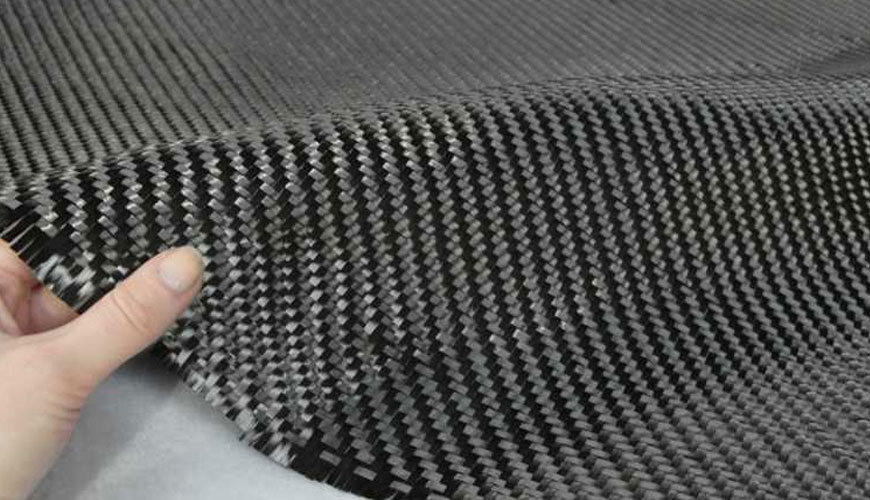

EUROLAB, with its state-of-the-art accredited laboratories and expert team, provides precise and fast testing services within the scope of ISO 1268-10 testing. ISO 1268-10 specifies general principles to be followed when injection molding test specimens of bulk molding compound (BMC) and details mold designs for preparing a specimen type for use in establishing repeatable molding conditions.

When appropriate, this part of ISO 1268 is applicable to sheet molding compound (SMC) formulated for injection molding. Its purpose is to promote uniformity in defining the main parameters of the molding process and also to establish uniform practice in reporting molding conditions.
The specific conditions required for the reproducible preparation of test specimens that will yield comparable results will vary for each material used. These conditions are given in the International Standard for the material concerned or will be agreed between the parties concerned.
Many factors in the injection molding process can affect the properties of molded test specimens and therefore the measured values obtained when the specimens are used in a test method. The thermal and mechanical properties of such samples are highly dependent on the conditions of the molding process actually used to prepare the samples. The exact definition of each of the main parameters of the molding process is a basic requirement for repeatable and comparable operating conditions.
In defining molding conditions, it is important to consider any influence of the conditions on the properties to be determined. Anisotropic fillers such as thermosets, long fibers can differ in orientation and length and cure. Residual (“frozen”) stresses in molded test specimens can also affect properties. Due to the crosslinking of thermosets, molecular orientation has less effect on mechanical properties than thermoplastics. Each of these phenomena must be controlled to avoid fluctuation of the numerical values of the measured properties.
The principles described in this section of ISO 1268 are the same as those in ISO 10724-1. Due to the use of long fiber reinforcements, only a few details of the patterns changed, as did the sample thickness. Therefore, it is possible to compare the properties of long fiber molding compounds with thermoset powder molding compounds (PMCs) and thermoplastics.
EUROLAB assists manufacturers with ISO 1268-10 test compliance. Our test experts, with their professional working mission and principles, provide you, our manufacturers and suppliers, the best service and controlled testing process in our laboratories. Thanks to these services, businesses receive more effective, high-performance and quality testing services and provide safe, fast and uninterrupted service to their customers.
To get an appointment, to get more detailed information or to request an evaluation, you can ask us to fill in our form and reach you.